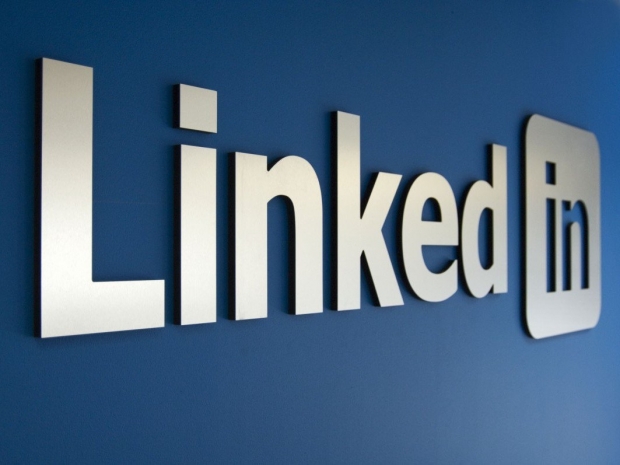LinkedIn does not like automated scripts which access public information on its website, and it wants these to count as felony “hacking” under the Computer Fraud and Abuse Act, a 1986 federal law meant to criminalize breaking into private computer systems to access non-public information.
The EFF along with DuckDuckGo and the Internet Archive, has urged the Ninth Circuit Court of Appeals to reject LinkedIn’s request to transform the CFAA from a law meant to target “hacking” into a tool for enforcing its computer use policies.
It is probably common sense for anyone within the computer world that using automated scripts to access publicly available data is not “hacking” and neither is violating a website’s terms of use a criminal act.
Bots are an ordinary and necessary part of the Internet. “Good bots” were responsible for 23 percent of Web traffic in 2016. Using them to access publicly available information on the open Internet should not be punishable by years in federal prison.
According to the EFF: “LinkedIn’s position would undermine open access to information online, a hallmark of today’s Internet, and threaten socially valuable bots that journalists, researchers, and Internet users around the world rely on every day—all in the name of preserving LinkedIn’s advantage over a competing service. The Ninth Circuit should make sure that doesn’t happen.”
The only way for LinkedIn to protect the privacy of its users’ is to make their profiles non-public—i.e., to put their information behind a username and password barrier. But it wants to have profiles public by default.
The EFF says that LinkedIn wants to have its cake and eat it.
LinkedIn falls foul of the Electronic Frontier Foundation
Wants courts to enforce its computer use policies
Business networking site LinkedIn is having a go at convincing a US court that anyone who abuses its computer use policy is a hacker and should be locked up for a few decades.

